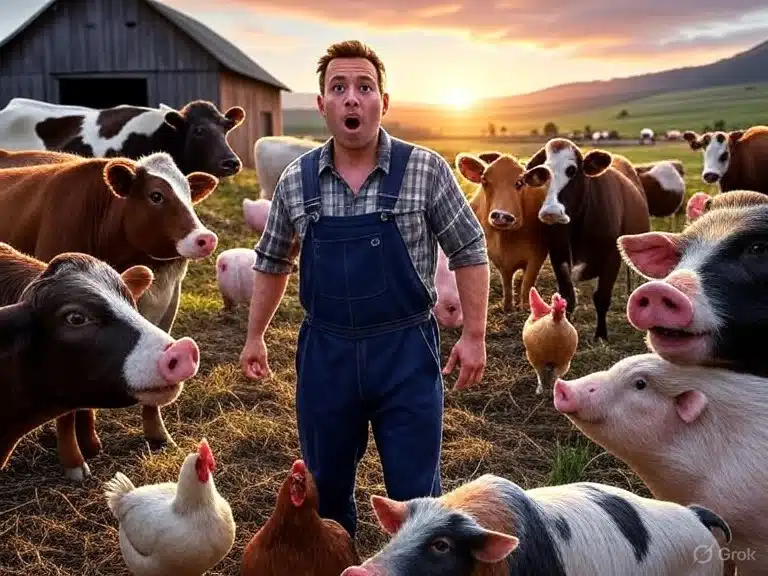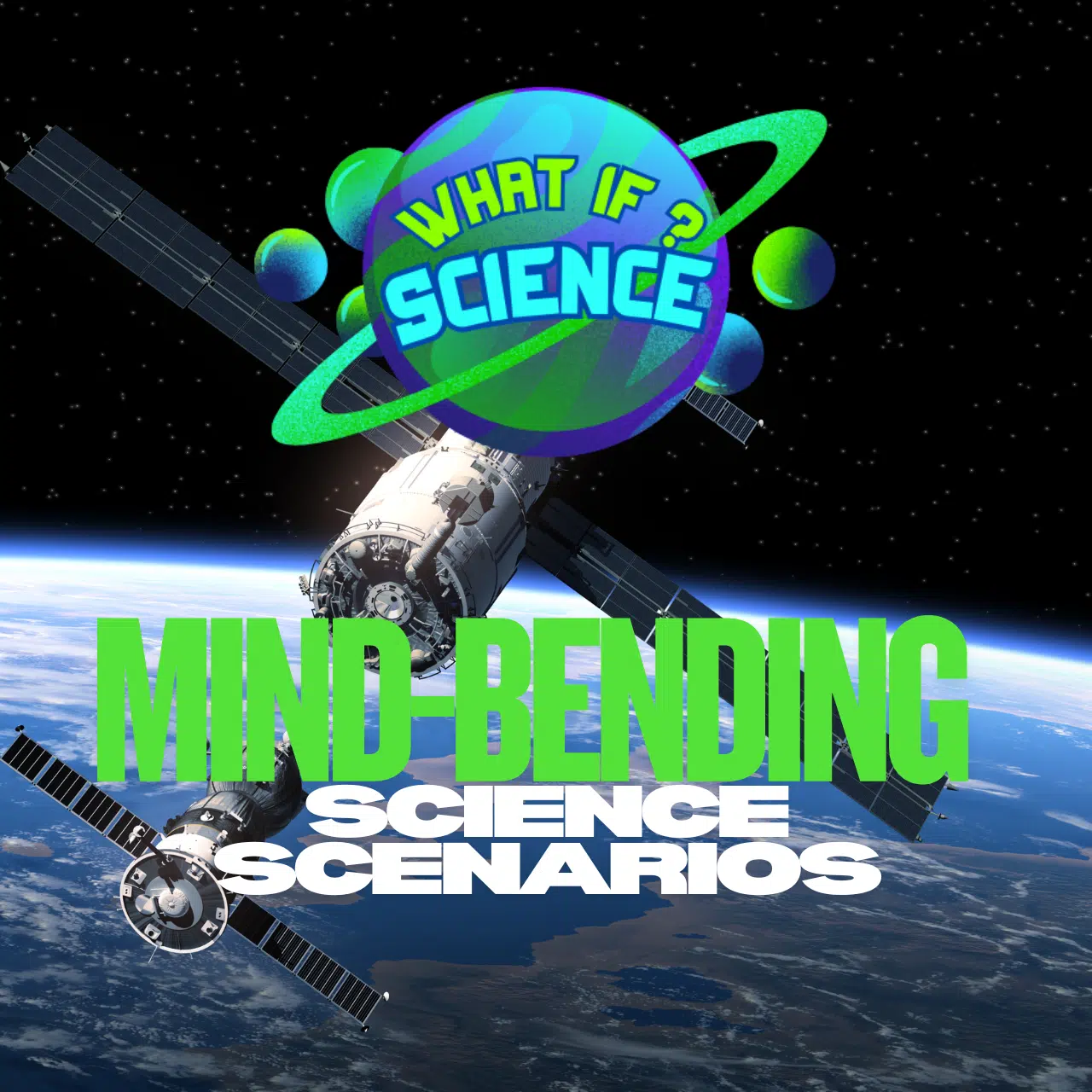Imagine waking up one morning to the sound of your dog saying “Good morning” in perfect English or a bird outside your window politely asking for more seeds. Overnight, every animal on Earth gains the ability to speak human languages fluently. It sounds like the plot of a fantasy novel, but what would really happen if animals could suddenly speak? The answer is both exciting and unsettling, with consequences for science, society, and even our moral values.
The Shock of the First Morning
The first moments after such an event would be filled with disbelief. Pets around the world—dogs, cats, parrots—would begin conversing with their human companions. Farmers would hear cows, pigs, and chickens demanding explanations about their treatment. Zoos would become centers of chaos as lions, elephants, and gorillas suddenly began expressing their thoughts.
News stations would be flooded with surreal footage: a dolphin giving interviews, a horse debating with its rider, or a monkey asking for bananas politely instead of snatching them. Humanity would realize that the line we believed separated us from the animal kingdom had vanished overnight.
Science Revolutionized
If animals spoke human languages, science would undergo a seismic shift. Researchers would be able to:
- Ask animals directly about their perception of the world.
- Understand migration patterns, mating behaviors, and survival strategies from the animals themselves.
- Solve mysteries of animal intelligence—such as the complex navigation of birds or the cooperative hunting of orcas.
Ethology, the study of animal behavior, would become one of the most important sciences on Earth. Universities and labs would compete to “interview” different species. Humanity would finally understand the inner lives of animals in ways previously unimaginable.

Ethics Turned Upside Down
The biggest upheaval would be in the realm of ethics. If animals can speak and express thoughts, then how can humans justify factory farming, zoos, animal testing, or even pet ownership?
- Food Industry Collapse: Billions of farm animals might refuse to be slaughtered. Conversations with them would make it impossible for many people to continue eating meat.
- Animal Rights Revolution: Laws would need to be rewritten to grant animals legal personhood, or at least a higher status than property.
- Pets as Equals: Dogs and cats would now be family members with opinions, demands, and the ability to express grievances.
Humanity would face one of its greatest moral dilemmas in history—whether to continue treating animals as resources or accept them as equals.
Social and Cultural Impact
Society would change dramatically as animals entered the human conversation.
- Politics: Animal voices would call for representation. Imagine whales demanding international treaties to protect oceans.
- Religion and Philosophy: Theological debates would erupt over the meaning of animals having “souls” or human-level communication.
- Entertainment: Talking animals would transform films, literature, and everyday life. Pets could become celebrities, authors, or even politicians.
Children’s lives would also change. Instead of guessing what a pet wants, kids could grow up having conversations with them, forming even deeper emotional bonds.

Challenges and Chaos
While it might sound magical, a world full of speaking animals would also be chaotic:
- Information Overload: Millions of species would now be able to speak—imagine mosquitoes complaining while biting, or rats demanding space in cities.
- Privacy Issues: Pets and farm animals could expose their owners’ secrets or mistreatment.
- Economic Disruption: Industries like meat, fashion (leather, fur), and pharmaceuticals (animal testing) would collapse almost overnight.
Humans would need to learn to coexist with animals in a new, communicative way. Conflict between species would be inevitable as priorities clashed.
Could Humanity Adapt?
The sudden gift of speech would challenge humans to rethink their role on Earth. Instead of being unquestioned rulers, we would become negotiators in a planet-wide conversation. Cooperation could lead to unprecedented harmony: animals helping us understand ecosystems, warning us of natural disasters, and even collaborating in building a sustainable future.
But failure to adapt could lead to conflict, environmental collapse, and societal chaos. The outcome would depend on whether humanity embraced equality—or tried to silence these new voices.
Final Thoughts
If animals could suddenly speak human languages, the world would never be the same. The shock, wonder, and ethical dilemmas would force humanity to question everything about our relationship with other species. It would be the ultimate test of whether we can share the planet—not just physically, but intellectually and morally.
This “what if” scenario reminds us that even without speech, animals already communicate, suffer, and contribute to the balance of life. Perhaps the real question is not what if they spoke—but why we don’t already listen.

